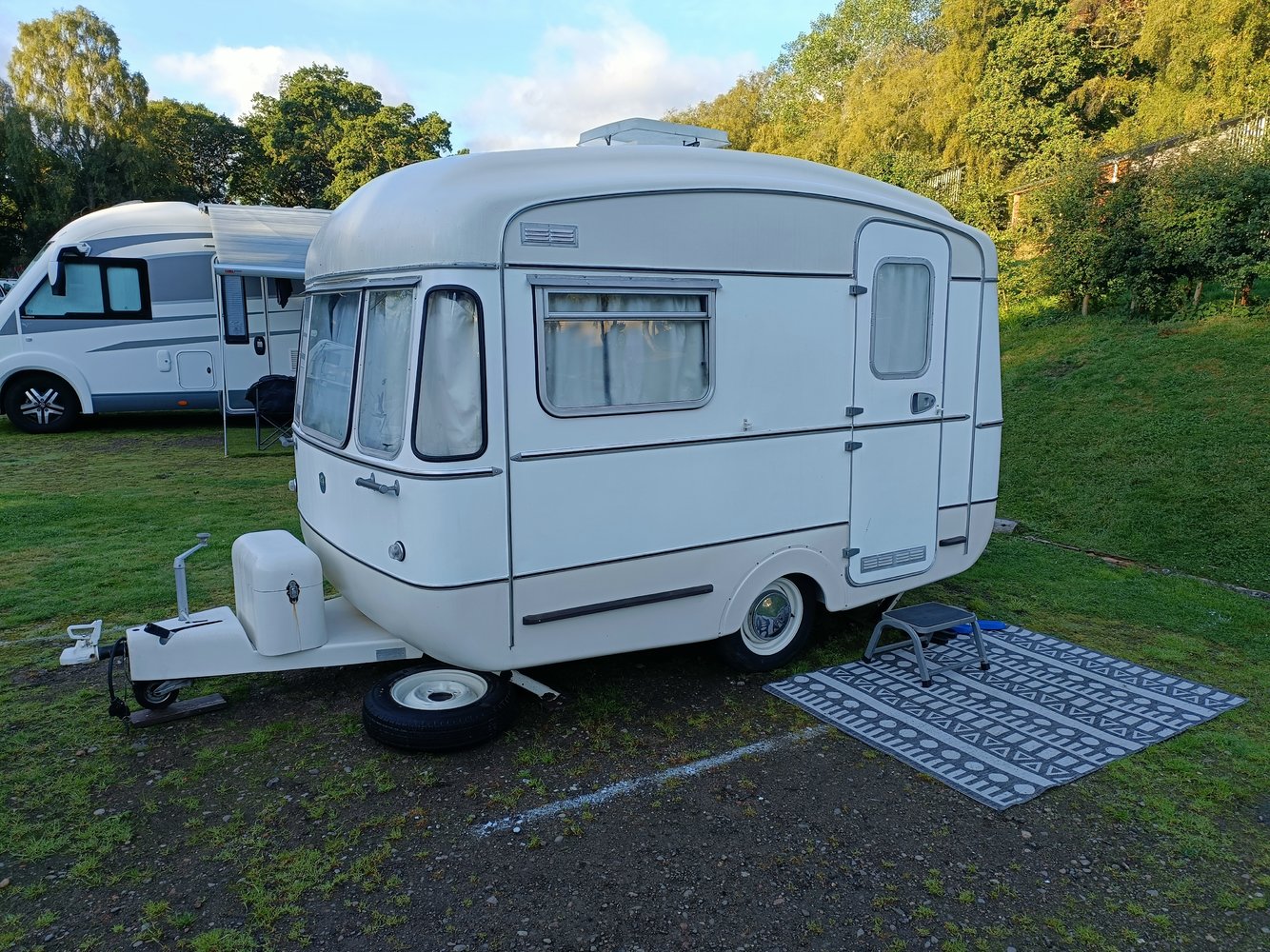Picking out your very first motorhome can feel overwhelming, but it doesn’t have to be. Let’s break down the process together and make sure you end up with a home on wheels that fits your lifestyle and budget.

- Start With Your Travel Style
Before you even look at shiny new RVs, ask yourself a few questions:
– How often will you travel?
– Weekend getaways?
– Long cross-country trips?
– Where do you want to go?
– Remote boondocking in nature?
– Busy city adventures?
– How many people are coming along?
– Solo traveler?
– Couple?
– Whole family?
Tip:
If you’re mostly doing short trips, a smaller, more fuel-efficient model might be best. Planning to live on the road for months at a time? You’ll appreciate more space and amenities. For more options, visit www.kingdomcaravanbuyers.co.uk.
- Set a Realistic Budget
Money matters! Here’s what to consider:
– Upfront costs:
– Motorhome price
– Dealer fees
– Taxes
– Ongoing costs:
– Insurance
– Maintenance
– Fuel
– Financing:
– Compare loan rates and terms
– Check if you qualify for pre-approval
– Make sure payments fit your monthly budget
Pro tip:
Don’t forget about “hidden” costs like repairs, campsite fees, or storage fees if you can’t park at home.
- Get to Know the Motorhome Types
There are three main classes to choose from, each with its pros and cons:
| Class | Description | Best For |
| Class A | Large, bus-style, luxury | Full-timers, big families |
| Class B | Compact camper van | Solo travelers, city trips |
| Class C | Mid-size, cab-over design | Couples, small families |
– Toy Haulers: Want to bring bikes or ATVs? Look for these with built-in garages!
– Eco-Friendly Models: Think solar panels and energy-efficient appliances.
– Off-Road RVs: For the adventurous, rugged types.
- Think About Size and Maneuverability
Let’s be honest: Bigger isn’t always better.
– Compact models:
– Easier to drive and park
– Better for cities and tight campgrounds
– Spacious models:
– More comfort and storage
– Trickier to handle, especially for beginners
Consider:
– Where you’ll park (at home? special storage?)
– Height and length restrictions at campgrounds
– Your comfort driving bigger vehicles
- Must-Have Features and Amenities
Don’t get distracted by flashy extras—focus on the essentials:
– Sleeping arrangements (enough beds for everyone?)
– Kitchen (fridge, stove, microwave, counter space)
– Bathroom (shower, toilet, storage)
– Storage (inside and outside compartments)
– Safety features (airbags, backup cameras, ABS brakes)
– Climate control (heating, cooling, insulation)
– Off-grid capability (solar power, big water tanks, good insulation)
Checklist:
☐ Comfortable beds
☐ Decent kitchen
☐ Reliable bathroom
☐ Ample storage
☐ Safety gear
☐ Good heating/cooling
- Fuel Efficiency & Maintenance
Motorhomes aren’t exactly known for being gas-sippers, but it’s still worth comparing.
– Diesel engines: Better fuel economy, more torque, but higher maintenance costs
– Gasoline engines: Cheaper to buy, cost more to run long-term
Questions to ask:
– What’s the real-world MPG?
– How much will regular maintenance/repairs cost?
– Are warranties available?
- Always Test Drive!
Don’t skip this step. Here’s what to do during a test drive:
– Check how it handles, turns, and brakes
– Try parking it in a tight spot
– Test all the onboard systems (climate control, appliances, cameras)
– Listen for odd noises
– Make sure you feel comfortable behind the wheel
- Know the Paperwork: Insurance & Registration
No one likes paperwork, but you’ve got to do it:
Registration:
– Every state has different rules and fees
– You’ll need a title, bill of sale, VIN check, maybe a vehicle inspection
Insurance:
– Must have liability (it’s the law!)
– Consider collision, comprehensive, and roadside assistance
– Costs depend on the motorhome’s value, size, and your driving record
Quick tip:
Ask your insurance agent if they have experience with RVs. You want someone who knows the ropes!
- Storage and Parking Solutions
Where will you keep your RV when you’re not using it?
– At home? Make sure it fits in your driveway and is allowed by your HOA or city
– RV storage facility? Budget for monthly fees and security
– On the road? Know the rules at campgrounds and public lots
Storage must-haves:
– Secure from theft and weather
– Easy access for maintenance
– Enough space for all your gear
- Learn from Others
Don’t go it alone—take advantage of the RV community!
– Online Forums:
– Get advice from real owners
– Learn about upgrades, common issues, best travel routes
– RV Shows:
– See lots of models up close
– Talk to experts
– Attend seminars and workshops
– Local Dealerships/Experts:
– Ask questions
– Test different models
– Get maintenance and upgrade advice
Final Thoughts
Choosing your first motorhome is a big decision, but you don’t have to figure it all out overnight. Take your time, do your research, and lean on the RV community for help. With the right approach, you’ll find a motorhome that fits your travel dreams, your budget, and your sense of adventure.
Happy travels and see you on the road! 🚐✨
